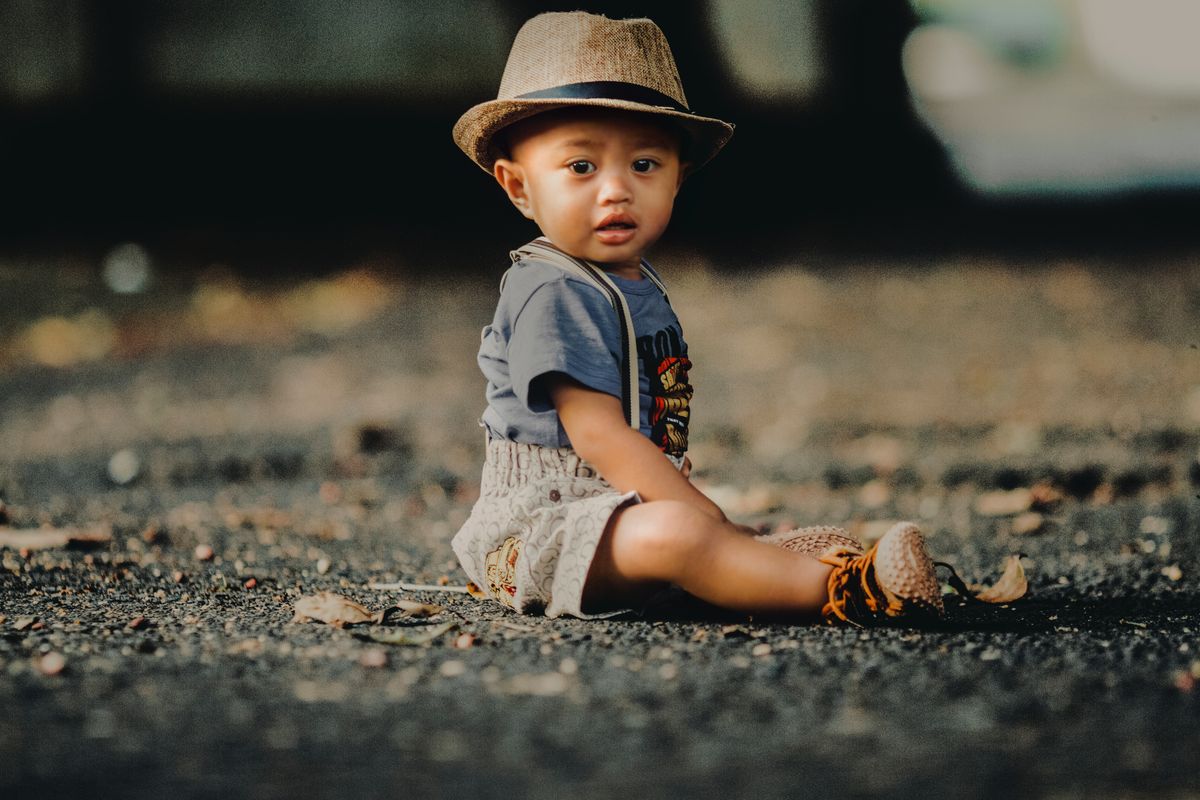Superiority - Did it come from your childhood?

Every child is born into this world as a helpless being, reliant on their caregivers for survival. However, as they grow and develop, an inherent drive emerges within them—a need to strive for superiority. This article explores the evolution of a child's journey, from a state of helplessness to the pursuit of superiority, highlighting the psychological and social factors that contribute to this transformation.
During infancy, children are entirely dependent on their caregivers for their basic needs, such as nourishment, safety, and emotional support. Their cognitive abilities are limited, and they have no control over their environment. As they grow, they begin to acquire physical skills, such as crawling and walking, enabling them to explore their surroundings and assert some independence.
As children progress through early childhood, they start to develop a sense of autonomy and self-efficacy. They learn to perform simple tasks independently, such as feeding themselves or dressing. These early accomplishments foster a sense of confidence and encourage further exploration of their abilities.
Around the age of five or six, children begin to compare themselves to their peers and show signs of competitiveness. They strive to prove their abilities, whether it be in academics, sports, or social interactions. This drive for superiority stems from a natural desire to gain recognition and a sense of self-worth.
Socialization plays a significant role in a child's need to strive for superiority. Children observe and internalize the behaviors and attitudes of those around them, particularly their parents, siblings, and peers. They learn that success and achievement are valued in society, leading them to pursue excellence and stand out from the crowd.
Parents' expectations and aspirations for their children greatly impact their need to strive for superiority. When parents set high standards and provide support and encouragement, children are motivated to meet or exceed those expectations. Conversely, unrealistic or excessive parental pressure can lead to anxiety, stress, and an unhealthy pursuit of perfection.
As children enter formal education, they encounter a structured environment that emphasizes competition and achievement. The educational system often rewards high grades, academic achievements, and extracurricular accomplishments. Additionally, peer pressure intensifies during this stage, further fueling the child's need to prove themselves and gain superiority within their social circle.
Psychologically, the need for superiority is closely linked to the concept of self-esteem. Children seek validation, recognition, and acceptance from others, which contributes to their pursuit of superiority. This drive helps build their self-esteem and fosters a sense of personal identity and value.
While the need to strive for superiority can be a motivating force, it is essential to strike a balance between healthy competition and overall well-being. Overemphasis on achievement can lead to stress, burnout, and a negative impact on mental health. Encouraging a growth mindset, valuing effort over outcome, and fostering a supportive environment can help children channel their drive in a healthy and sustainable manner.
The evolution of a child from a helpless infant to a striving individual is a remarkable journey influenced by various psychological, social, and environmental factors. The need for superiority emerges as children develop autonomy, self-efficacy, and social awareness. While healthy competition can be a driving force, it is crucial to prioritize the well-being and overall development of children as they navigate the challenges of striving for superiority in a complex world.
Ritesh Bawri is the founder of Breathe Again. He is the host of The Ritesh Bawri Show and the author of the bestselling book The Amazing Health Transformation





